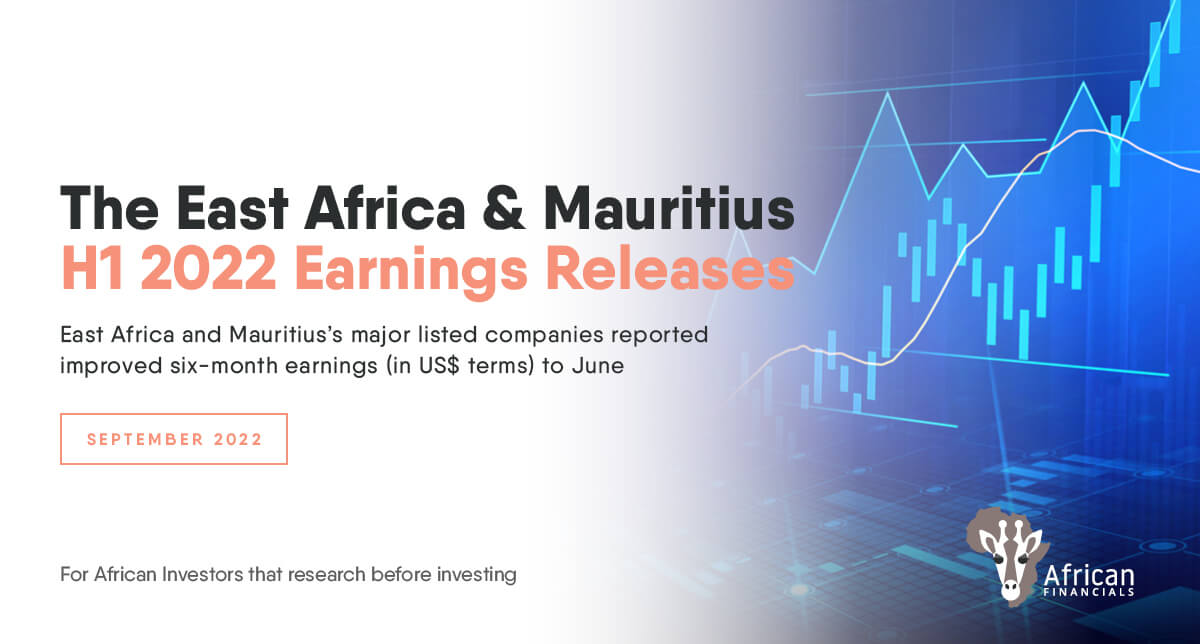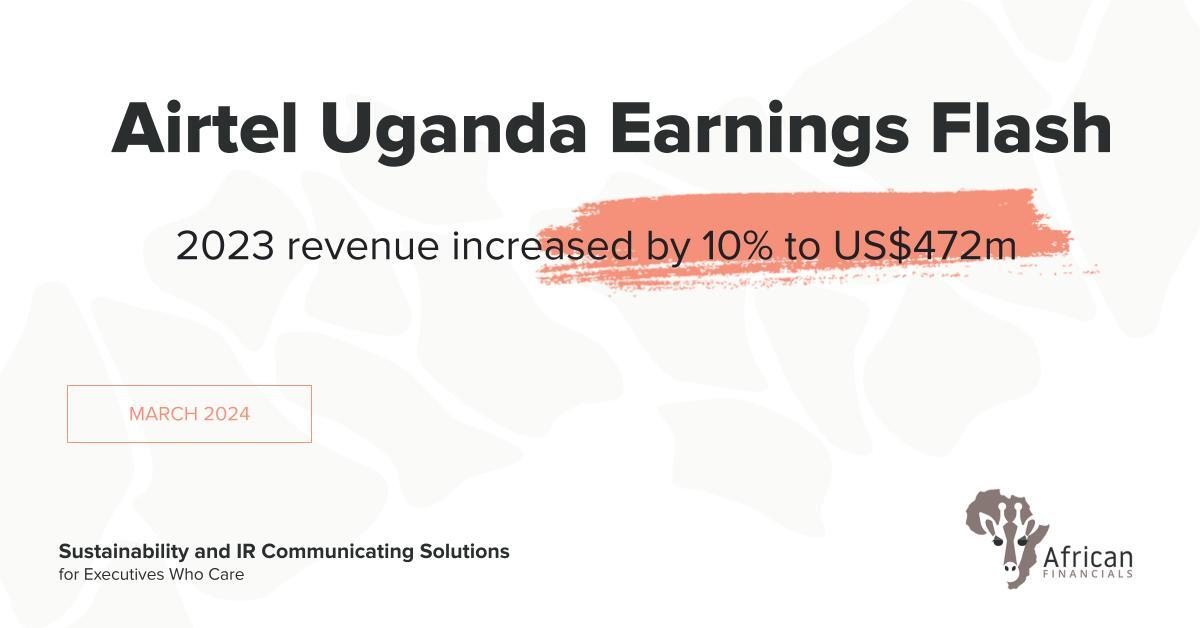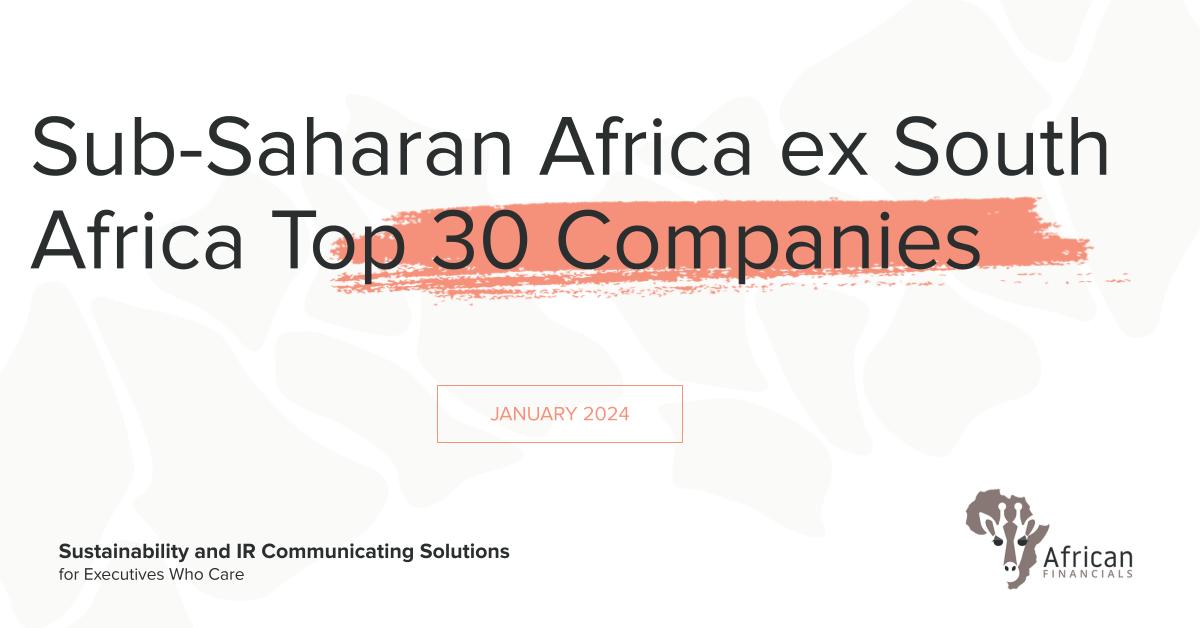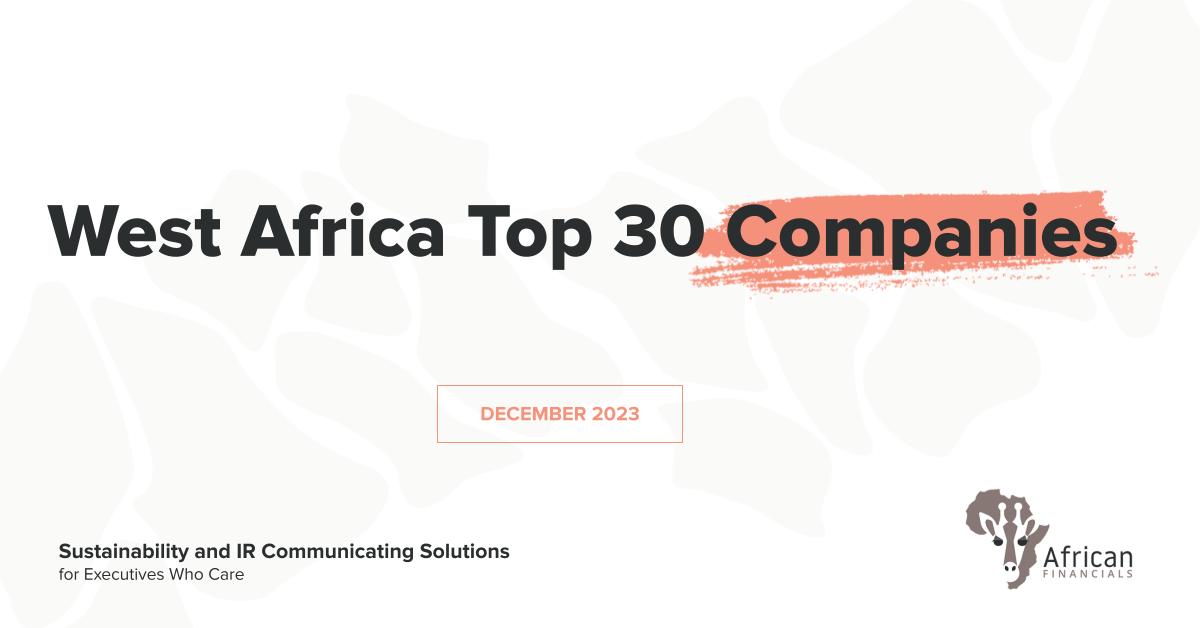East Africa and Mauritius companies H1 2022 US$ earnings increased by 23% YoY

Earnings of the 29 companies that have reported for the six months ended June 2022 amounted to US$1.172bn, up 23% on H1 2021.
H1 2022 vs H1 2021 US$ earnings by market
In US$ terms earnings reported for the period for the 5 markets in the report are:
20 companies had improved US$ earnings, while 8 companies had lower earnings in H1 2022.
Companies with the highest earnings increases:
Below are the 10 companies in the report with the highest earnings.
Please click on the company name for up to date share price information, market capitalisation and 52-week liquidity.
-
- Swissport Tanzania: US$1m up 1130.0%
- CRDB Bank: US$75m up 95.3%
- SBM: US$32m up 79.3%
- NCBA Bank: US$66m up 52.7%
- NMB Bank: US$89m up 52.5%
- Britam Holdings: US$5m up 50.4%
- Co-op Bank: US$97m up 42.5%
- MTN Uganda: US$52m up 40.6%
- Tanzania Cigarettes: US$13m up 30.8%
- Umeme: US$17m up 26.6%
Sign up to The Investor Mailing List to receive equities reports for listed companies in Sub-Saharan African markets in your email inbox, and to AfricanFinancials’ Equity Valuation Insights LinkedIn page for access to African stock market valuation insights, annual and earnings reports.
About the Author: Hartland-Peel Africa Equity Research




